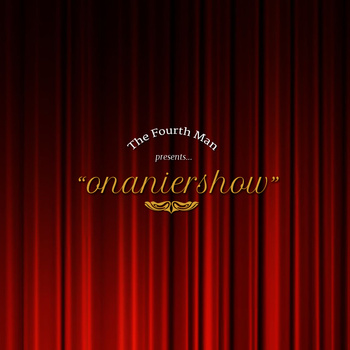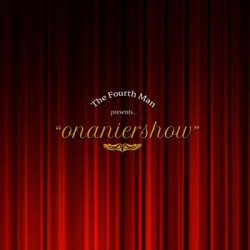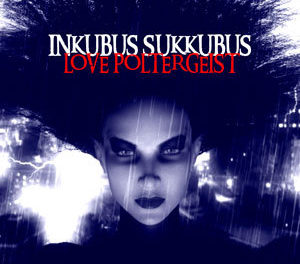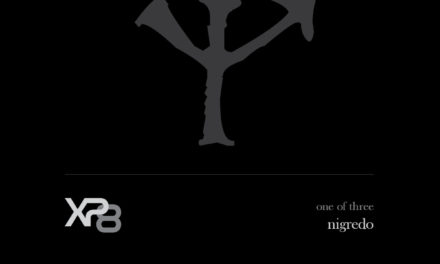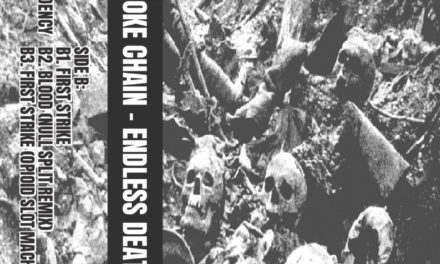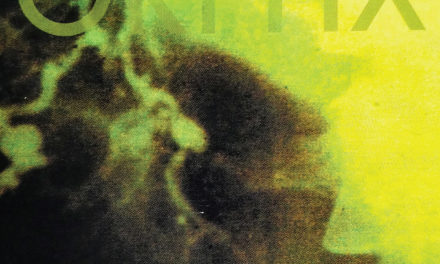The Fourth Man
“onaniershow”
self-released
Not to get all William Gibson, but the present is indelibly weirder than most of our most futures past aimed to depict it, in part because our technologies of archiving and distribution allow us to inhabit not one single linear zeitgeist but to inhabit overlapping perpetual presents, constructed piecemeal from whichever histories and traditions in which we choose to indulge. My Vancouver is not the Vancouver of the Grouse Grind, price-inflated Vancouver Specials, or memories of the Hip playing Malkin Bowl, even if it occupies the same physical spaces, but at this point that’s as likely to be a question of access as it is taste or class. Vancouver’s industrial history is no less readily accessible than its more mainstream cultural markers, whether it’s a perhaps too-ambitious concert hall homecoming for Puppy or the archival release of what was to be The Fourth Man’s second LP. The fact that the latter never saw the light of day until now only contributes to this sense of time out of joint.
So yeah, hot on the heels of the re-release of the long-occluded Fourth Man album and a slew of standalone tracks, old and new, David Collings has just put out what would’ve been the band’s second record had it seen the light of day. It’s a much looser and more tongue in cheek take on the band’s stormy lo-fi electro-industrial than that of The Fourth Man; the title being the German equivalent of “wankfest” (more or less) gives a heads-up as to the more indulgent and sarcastic tone. Collings takes shots at his own shortcomings as well as those of recently departed bandmate Gabriel Abney via lyrics and samples (and boy howdy is it weird to hear Kurt Cobain say he’s “too stubborn to allow myself to ever compromise our music” in 2014 on a track that was recorded within a year or so of his death).
Musically there’s the odd concession to that frothier tone (“Happy Song”, a sardonically melodic and major-key tune ends up somewhere between a Tear Garden outtake and Prick), but on the whole it’s the fury and high-BPM stomp that was The Fourth Man’s stock and trade. “High Plains Castrato” and “Belgian Sock Fite” stand out as highlights, and not just because of their names. Even when Collings is consciously aiming at noisy fun for its own sake (“Filler”), a barked chorus of “let’s get drunk and crucify” is raucously cathartic.
The original Fourth Man album was, as I previously discussed, written as a set of demos, so while there isn’t a huge sonic difference between it and the rough board mixes which populate some of this record, work like “onaniershow” seems to teeter at the threshold of purely digital industrial music without ever truly stepping away from its raw roots (Collings has written an exhaustive account of the recording sessions, done on Don Gordon’s gear while housesitting for his bandmate in Numb). Historical or musical, there are no clear epochal divisions, but it’s nice to have another piece of Vancouver’s industrial legacy coming into focus.

